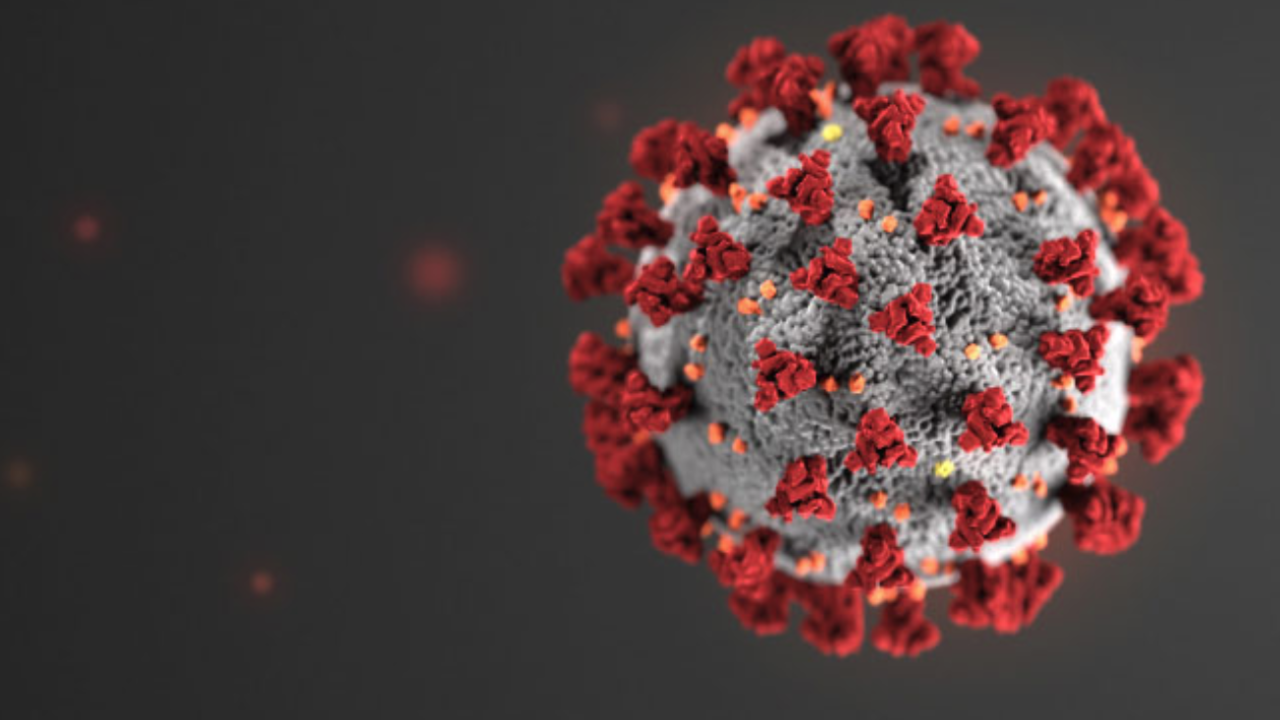Scientists at the University of Nevada, Reno School of Medicine (UNR Med), led by its Nevada State Public Health Laboratory (NSPHL) are studying a likely case of COVID-19 reinfection.
Forty-eight days after testing positive for SARS-CoV-2 in April 2020 and after testing negative consecutively twice, a Washoe County, Nevada patient tested positive again, in June.
The patient had tested negative on two separate occasions in the interim. The genomes of the patient’s virus samples were sequenced in April and June, displaying significant genetic discordance between the two cases, implying the patient was infected twice.
“We examined the genomic material of the viruses and samples to investigate this, says NSPHL Director Mark Pandori. “It is just one finding, but it shows that a person can possibly become infected with SARS-CoV-2 a second time.”
To solidify confidence in the case, Pandori and the research team partnered with the Washoe County Sheriff’s Office Biology Unit to conduct identity testing on the specimens and lab samples evaluated in the study to verify the specimens were from the same person.
Embedded in the genomic material of SARS-CoV-2 is a detailed code that Pandori says may provide insight to a
better understanding of this virus.
“A virus has a biological genome like all living things. Since March, the NSPHL has analyzed the genomic RNA of approximately 200 positive COVID-19 samples from Nevadans who have tested positive for COVID-19,” said Pandori. “The power of genomic information could turn the tables in the fight against the coronavirus.” The information is shared to a world-wide database known as “GISAID”,” alongside the work of thousands of researchers.
According to Pandori and the NSPHL-led research team, reinfection cases are a potential warning sign that it is possible to catch COVID-19 more than once, and with unpredictable severity.
“If reinfection is possible on such a short timeline, there may be implications for the efficacy of vaccines developed to fight the disease. It may also have implications for herd immunity,” says Pandori. “It is important to note, that this is a singular finding. It does not provide any information to us with regard to the generalizability of this phenomenon.”
Herd immunity depends on the theory that after natural infection, our immune systems will collectively protect us as a community from reinfection and further spread. There are currently many more unknowns than knowns about immune responses to COVID-19. “After one recover from COVID-19, we still do not know how much immunity is built up, how long it may last, or how well antibodies play a role in protection against reinfection,” says Pandori.”
While research and scientific advancements continue to build, Pandori says the hard work of fighting this pandemic together will continue through the use of facial coverings, hand-washing, social distancing, as well as wide-scale testing, contact tracing, and isolation of new cases.
“This is a novel disease. We still have a steep learning curve ahead and lots of work to do, especially as inconvenient truths arise,” says Pandori.
The NSPHL team are publishing their COVID-19 reinfection findings. Their report is publicly accessible on the SSRN preprint server, at https://papers.ssrn.com/sol3/papers.cfm?abstract_id=3681489.
This story was first reported by KTNV in Las Vegas, Nevada.

